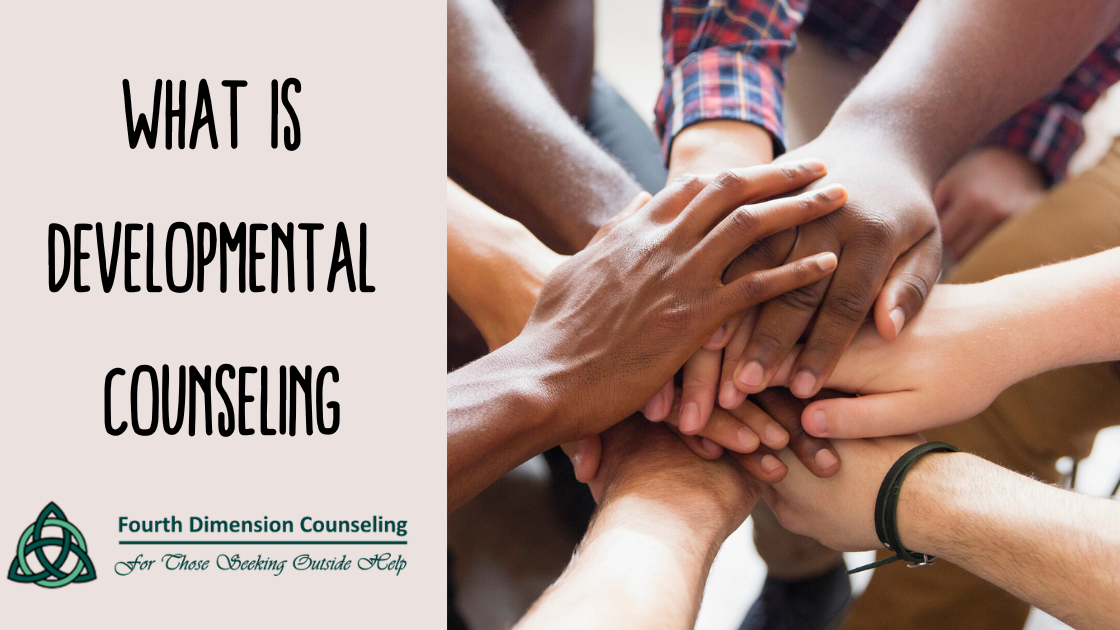
Developmental counseling is attempted by superiors or managers with their subordinates or employees to determine their strengths and weaknesses, find a way to overcome the problems, and conclude and create a suitable action plan.
This counseling method focuses on the employees’ communication toward aligning individual and company goals. Generally, the process has four phases. The process is a two-way communication shared in different forms. First, HR targets employees and acts as a listener to find out where the employee works better or less. Then, when the employee flaws are identified, the board further finds the root of the issue through communication and, finally, forging a suitable way or plan for the employee. This plan or method is usually customized for each individual. During the process, the supervisors must ensure the counseling goal is well-defined. And the counselor should endure judgment that is not objectival to the process. Remember that the reason for the communication consulting is to establish open two-way communication based on spoken language, gestures, non-verbal actions, and body language. A non-verbal story can come in handy in solving particular issues that are difficult to air out.
There Are Five Stages In Developmental Counseling
- Identify The Need
Developmental counseling can only be effective if there is an actual need for it. You can conduct an assessment test to pinpoint employees that the services might help. Another way is going through the absentee record to know employees who are losing their morale at work.
- Ask For Consent
Before starting communication counseling, you need to seek the employee’s consent. The consent will make it easy to access their personal information that they may or may not be okay talking about.
- Prepare For The Session
HR should do developmental counseling in a private area comfortable for the employee. The place should be free of distractions, and both parties should schedule time. It would be best if you also informed the employee to prepare for the session while you plan the process before proceeding.
- Conduct Of The Counseling
Counseling should be transparent to build trust and relationships. Once you identify the goal, assist the employee in finding their personal problem while sticking to the objective approach and helping them understand the next step. Ensure the points are summarized to shorten the process. Keep in mind that a long session may become tedious.
- Follow Up
The follow-up is an integral part of the process and a way to continue supporting the employee. So many resources are available to help the employee. Keep in mind that counseling is a continuous process to identify and harness the strength within the person. The follow-up will also keep the counseling process alive, making it easy to revive when necessary.
Developmental counseling, if carried out properly, is a powerful tool in getting the best out of your employees. It will help the individuals align their goal to the company’s goals and work toward achieving the maximum potential and performance in their jobs.
More Advice:
- Do I Need to See a Counselor for Love Addiction?
- Simple Ways to Reduce Stress
- Sex Victims Can Experience PTSD
- Emotions and How to Process Them
- Sex Addiction Counseling
- How Do I Know it’s Time to Get professional Counseling?
- How to Heal from Betrayal Trauma
- What is PTSD? (PTSD)
- The Mental Health Effects of Sexual Abuse
- The 4 Types of Intimacy
- 5 Ways to Reduce Stress
- What is Co-Dependency?
- How Same-Sex Couples Counseling is Different
- How to Know it’s Time to Get Mental Help
- How to Find a Great Relationship Counselor
- What if I Can’t Get in to See a Counselor?
